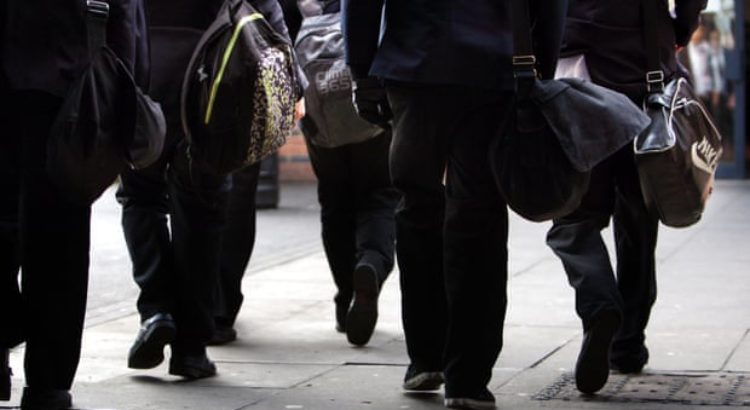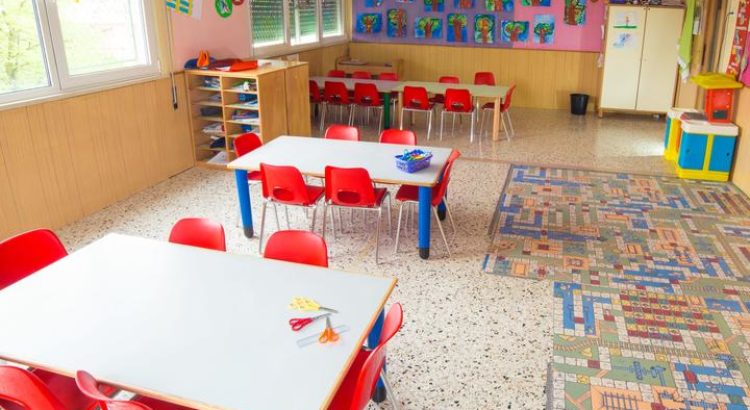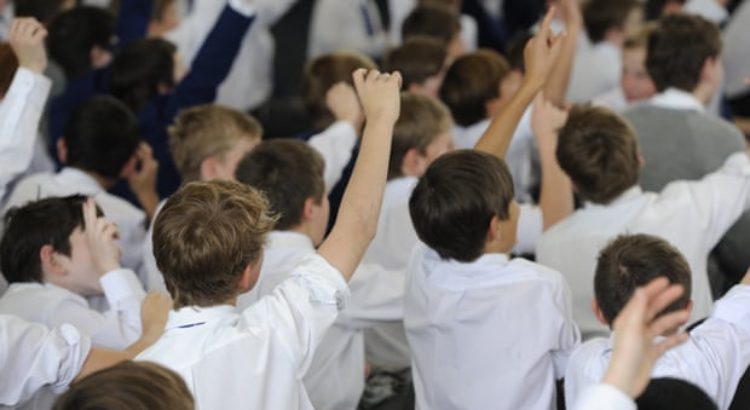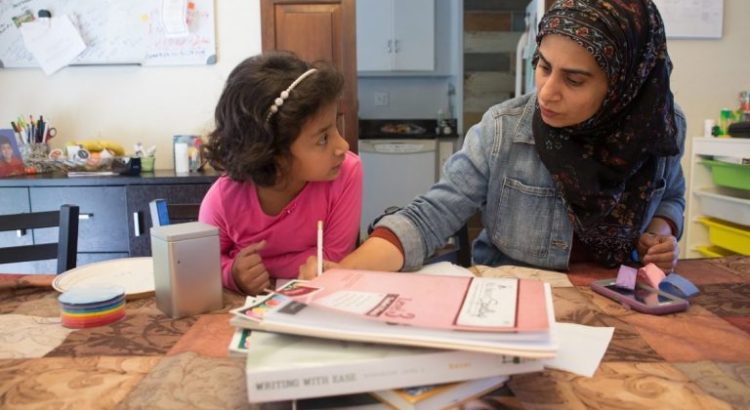By: Steven Longden.
These schools are core to Britain’s inequality problem. Labour should emulate Finland and integrate them into state education
As a teacher of ethics, philosophy and religion at a Manchester comprehensive school, students often ask me why politicians allow 7% of children in this country to access exclusive schools that enable them to dominate the top professions – schools whose main entrance criteria is the size of parents’ bank accounts. These days, I usually answer, “because the politicians are wrong”.
I sometimes inform my students of the latest Sutton Trust reports which highlight that 65% of senior judges, 49% of armed forces officers, 44% of newspaper columnists and 29% of MPs are all privately educated. Being a good teacher, I integrate maths into my subject and get them to work out the extent to which private school students are disproportionately represented in these professions. You should see the disheartened looks on their faces.
I tell them not to lose hope and that there is something called “social mobility”, which means that if they work really hard, get to university and then work hard in their careers they might be lucky enough to get one of those remaining top jobs that haven’t gone to the privately educated. They don’t look convinced. The Social Mobility Commission wasn’t convinced back in 2017 either, which is why its commissioners resigned en masse a year and a half ago.
I’d hoped under Jeremy Corbyn that my party would have been up for finishing off what Clement Attlee failed to do after the second world war: phase out private schools. There was a welcome commitment in Labour’s last manifesto to add VAT to private school fees, but the impact of this will be minimal and certainly won’t hasten the demise of private schools.
Labour’s pledge to create a National Education Service is exciting. The party has published a National Education Service charter that commits it to “tackling structural, cultural and individual barriers which cause and perpetuate inequality”. Earlier this year, Corbyn quite rightly pledged to focus on promoting social justice rather than social mobility, but I was bemused by the silence on private schools. How, precisely, does one tackle structural inequalities in England without phasing out private schools? Are we serious about these inequalities or just tinkering?
In the past Labour has missed opportunities to integrate private schools into the state sector – we can’t let that happen again. That’s why we have launched the Labour Against Private Schools campaign. Our first goal is to make the full integration of private schools into the state education system official party policy, by getting a motion passed in support of this at Labour’s annual conference this September.
There are models of excellent education systems that exist without private schools. Finland is often held up as a system that consistently achieves some of the best educational outcomes across Europe and the OECD countries. In Finland, private schools were effectively brought into the comprehensive education system over the course of a decade. It is time England started to seriously plan a school system without private schools, so that in the future teachers like me can look their students in the eye and tell them that this country has removed one of the biggest barriers that the richest people erected to unfairly advantage their progeny.
So I am proud to tell my students that I am a founding member of the Labour Against Private Schools campaign, and that I will do everything I can to encourage the Labour leadership to commit to dismantling the private schools sector that continues to uphold gross levels of inequality in this country.
Source of the article: https://www.theguardian.com/commentisfree/2019/jul/09/labour-phase-out-private-schools-britain-inequality-finland













 Users Today : 15
Users Today : 15 Total Users : 35460368
Total Users : 35460368 Views Today : 22
Views Today : 22 Total views : 3419122
Total views : 3419122